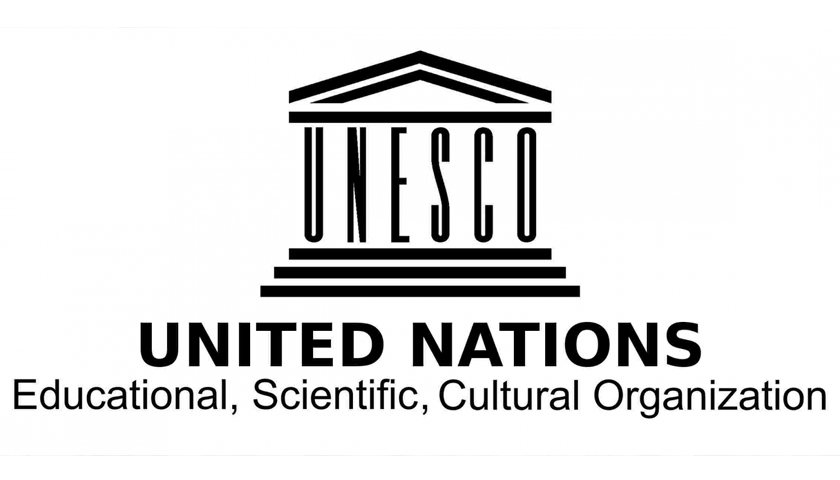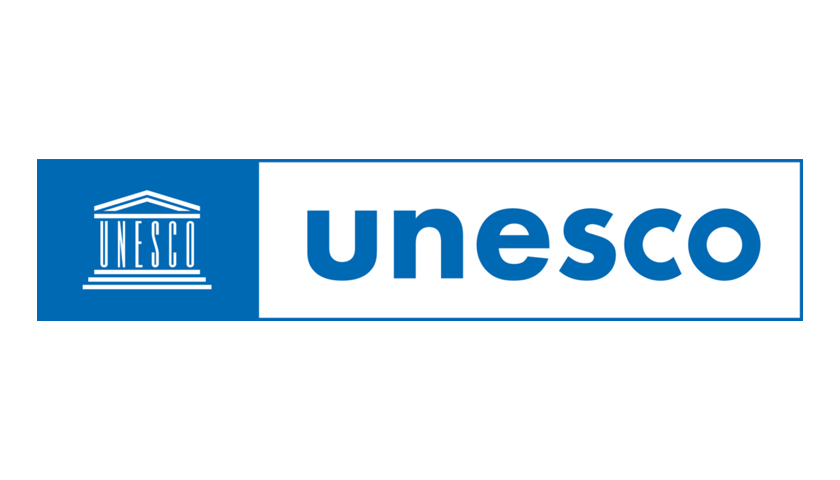Facts are a matter of life and death. We all depend on hard science and reliable information cutting through the noise. And yet, we’re bombarded with false or inaccurate information and questionable science about the virus.
Facebook says close to 40 million posts related to COVID-19 had to be flagged for disinformation in March. Over the last month, Twitter had challenged more than 1.5 million users, on spreading false information and displaying “manipulative behaviors.” Close to 18 million scam emails about the coronavirus are being blocked by Google on Gmail each day. And this is just the tip of the iceberg.
Governments around the world have access to the most reliable facts, through the UN System, health and scientific international networks. The problem is, many citizens inherently mistrust their governments. Last January, the Edelman Trust barometer found that 49% of people surveyed did not trust their leaders, while 66% did not think these leaders would manage to address the challenge. When governments are viewed as having a shaky grip on the facts, people defy them. During the 2014 Ebola outbreak in Sierra Leone, Guinea and Liberia, the virus spread unchecked, partly because people chose to defy the government’s guidelines, according to a 2015 report by the International Crisis Group.
Where there is no trust between a government and its citizens the media must play the role of the honest broker to save lives. This helped to curb the Ebola crisis, and to an even greater extent, the Zika outbreak in 2015. This is why UNESCO has launched an initiative to bolster journalists’ role in fighting disinformation, through capacity-building projects in Ethiopia, Kenya, Cameroon, Senegal, Nigeria, Mozambique, Zimbabwe, Afghanistan, Iraq and Haiti. We’ve created radio content to help citizens of these countries separate fact from fiction, establishing networks of fact-checkers in these countries as part of European Union program to fight disinformation.
Through a Mass Open Online Course (MOOC) which went live earlier this month, we’re training journalists to disseminate lifesaving information and debunk myths about the virus. In partnership with local journalists’ unions, we’ve developed media safety modules, preparing reporters to avoid infection on the job. Our handbook on disinformation and fake news is about to be translated into 30 languages thanks to crowd-sourced funding. And UNESCO has created an online platform on Information Sharing & Countering Disinformation, as well as a Resource Center on Responses to COVID-19 which is a repository of useful tools.
Thousands of such initiatives like this blossom all across the world. But the lesson learnt from decades of activism is that journalists cannot operate freely, independently and safely unless there is buy-in and back-up from powerful local institutions. This means training judges and prosecutors across Africa and Latin America and the Caribbean on how to uphold freedom of expression, access to information, privacy and the safety of journalists during the COVID-19 Crisis. It also means, helping to implement legal frameworks, and fostering political commitment to freedom of expression. Not only as a fundamental right, but as an effective social protection.
Building journalists’ capacity to report freely and accurately is not a silver bullet against disinformation. Over the years, we have witnessed and monitored concrete violations of media freedom. These violations range from censorship to restrictions on access to information, to smear campaigns, the detention and arrests of journalists, social media restrictions, surveillance, and journalists silences to death. Over the last decade, 9 out of 10 killings of journalists remained unpunished. This situation was already undermining our democratic institutions, and engendering mistrust, well before the pandemic hit. Today, media freedom is in an even worse state, with some leaders using the pandemic as a cover for rolling back media freedom.
The disinfodemic unleashed by COVID-19 undermines the role of democratic institutions, as much as it puts lives at risk. Without action from journalists and citizens alike, this could result in even deeper scepticism towards the media, which would render us more vulnerable to manipulation and weaken our collective capacity to tackle such collective challenges. Hard-working and fearless reporters are the second line of defence against the virus, just behind doctors, healthcare workers and paramedics, providing a critical public service.
In a world as profoundly interdependent as this crisis has shown ours to be, every threat to or attack on the diversity of the press, the freedom of the press and the safety of journalists concerns us all. This is why the United Nations system of organizations, together with new coalitions formed by media, governments, and actors from the spheres of law, academia and civil society worldwide, is supporting journalists and their fight for independence and the truth. UNESCO calls on people everywhere to stand by the press and to resist the erosion of their freedom.

